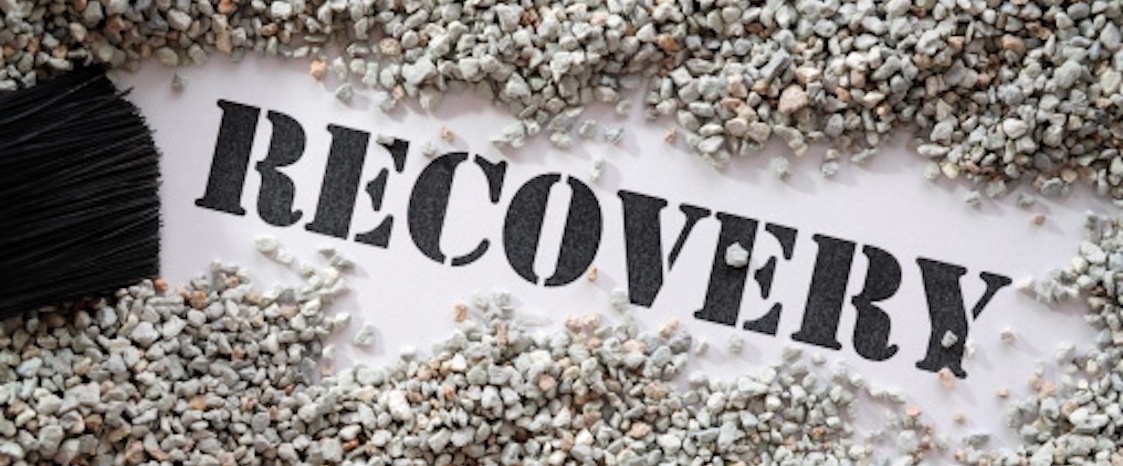For a recovering alcoholic or addict, learning to find balance can be particularly challenging. Leading a balanced life means avoiding extreme highs or lows. It also means paying attention to tendencies that many addicts have to focus or obsess too much on one activity, such as exercise or work. When the scales are tipped too far in one direction, it can trigger the urge to turn to mind-altering substances.
Life can become unbalanced when you expect to feel good all the time. Addiction is a disease of “more.” You want what you want and you want it now. You want to experience good things, and more of them. You want to be:
- Happier
- More excited
- Having more fun
- Experiencing more pleasure
If you feel good, you want to feel even better. You want to intensify and prolong feelings of joy, excitement, love or enjoyment. You want every day to be a good day.
You may feel like there is no room for bad feelings. You want to experience:
- Less pain
- Less disappointment
- Less fear
- Less sadness
When you actively abused drugs or alcohol, you made a habit of numbing negative feelings. You went out of your way to avoid feeling anything that was unpleasant or uncomfortable. You revolved your life around substances that helped you to try to prevent ever feeling bad.
Now that you’re sober, you’re not quite sure what to do. You can’t always avoid painful feelings, and you can’t intensify or exaggerate good feelings. Your emotions may seem to consume you at times, or it might seem like you don’t feel much of anything at all.
Running from feelings is what you’re used to, and since you know you can’t pick up a substance, you may try to run from your feelings in other ways. It’s not uncommon for a recovering addict to turn to overeating or gambling or relationship addiction. You may sleep too much or you might become obsessive about a hobby, such as working out. People turn to various forms of compulsive behavior when they don’t want to live in reality. As a recovering addict, you may tend to approach pretty much everything addictively. Some people miss the extreme highs and lows of active addiction. If you’re like many others in recovery, when you get sober, life seems … well, boring. Once you get through the initial rollercoaster ride of newly felt emotions, you may find yourself thinking, “is this all there is?”
A sober life doesn’t have to be a boring life. How can you enjoy your life sober without intensifying all your experiences?
How to Lead a Balanced Life
One thing to keep in mind is that recovery is a constant learning process. Learning to live life sober takes time, and your life will never be completely balanced. What you should strive for is progress, not perfection.
Finding balance in recovery is not so different than trying to find a way to balance yourself on a bicycle. If you move too much to one side or the other, you can’t keep your balance. It’s the same with addiction recovery.
Here are some other things to keep in mind as you strive for balance.
Ask for help. It will take time to learn to experience your emotions sober. It’s important to ask for help from others who have experience dealing with life on life’s terms.
Keep it simple. Slogans such as “easy does it” and “first things first” are reminders to simplify your program and your approach to life. An acronym that many find helpful is HALT. This is a reminder not to get too hungry, angry, lonely or tired. These are areas that frequently can cause you to lose your balance.
Be responsible. Learn to take responsibility for your own actions, reactions and recovery. Don’t blame others for the things that aren’t working in your life.
Keep striving for progress, not perfection. Your life will never be perfectly balanced. You will make a lot of mistakes along the way, but as long as you don’t pick up a drink or a drug, you will have another chance to try again tomorrow.







